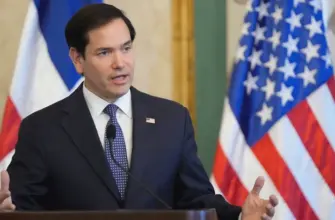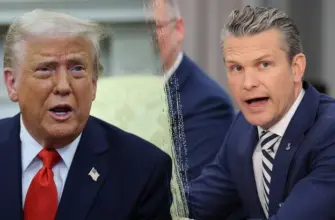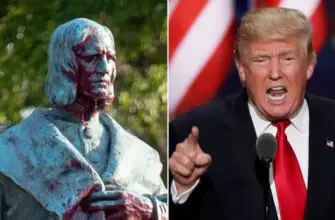The recent announcement granting tariff exemptions for electronics like smartphones and laptops represents a temporary measure, according to US Commerce Secretary Howard Lutnick, as the Trump administration finalizes a new strategy targeting the semiconductor sector.
Despite the temporary relief offered by these exemptions—which still don’t entirely negate the impact of existing tariffs on imported devices and their components—White House officials, including President Donald Trump, have minimized their significance.
“They’re exempt from the reciprocal tariffs but they’re included in the semiconductor tariffs, which are coming in probably a month or two,” Lutnick stated.
Trump added to the ambiguity with a social media post asserting that there was no “exception” whatsoever, explaining these goods were simply being reassigned and would still face a 20 per cent tariff as part of the administration’s efforts to penalize China for its involvement in fentanyl trafficking.
The initial move had signaled an intention by the Trump administration to exclude electronics from broader reciprocal tariffs. This action was expected to help control prices on consumer products largely imported rather than manufactured domestically.
China’s commerce ministry acknowledged the change as a modest step forward, while simultaneously urging for the complete removal of all US tariffs.
Tech giants like Apple and Samsung, along with semiconductor manufacturers such as Nvidia, were anticipated to benefit from the exemption; however, the prevailing uncertainty surrounding future tariff policies may dampen any potential surge in tech stock values.
- Smartphones
- Laptops
- Hard drives
- Flat-panel monitors
- Certain chips
- Machines used to manufacture semiconductors
These items, according to the US Customs and Border Protection, will be eligible for exemption from most tariffs levied on China or the standard 10 per cent baseline tariff elsewhere.
This latest adjustment represents just one of numerous policy reversals in the Trump administration’s expansive plan to implement tariffs on goods originating from a wide range of countries. White House officials consistently downplayed any perception of a significant shift in strategy throughout the weekend.
Speaking aboard Air Force One Saturday night, President Trump indicated he would provide further details regarding exemptions on Monday. His subsequent TruthSocial post emphasized that the White House was “taking a look at Semiconductors and the WHOLE ELECTRONICS SUPPLY CHAIN.”
Some analysts believe this exemption may reflect an acknowledgement that the current China tariffs are unlikely to spur a substantial relocation of manufacturing for smartphones, computers, and similar devices to the US.
The administration previously predicted these tariffs would prompt Apple to begin manufacturing iPhones in the United States. However, establishing new production facilities within the U.S. would necessitate several years and an investment of billions of dollars, potentially tripling the cost of an iPhone and jeopardizing sales of this flagship product.
Apple and Samsung did not respond to requests for comment over the weekend. Nvidia declined to offer a statement.







